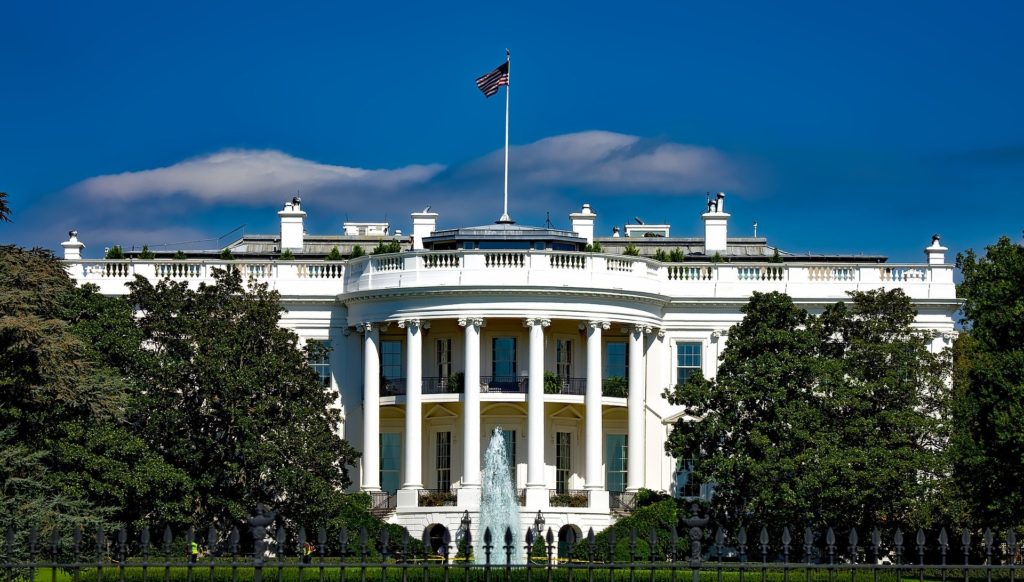The Biden administration announced Thursday several additional efforts to address behavioral health industry challenges.
Among new efforts, the White House said it would release the “National Model Standards for Peer Support Certification.” Departments within the executive branch also announced steps to make it easier for schools to bill Medicaid for services.
“The new standards are designed to improve consistency across peer certifications and promote quality of the growing number of peer workers across the nation,” the White House said in a statement. It did not detail when the standards would be released but said it could be as soon as “the coming weeks.”
Additionally, the White House announced it would dispense $8.4 million through a new Behavioral Health Workforce Education and Training (BHWET) funding effort during the summer to increase the size of the behavioral health workforce. It also announced Thursday $200.2 million in additional funding for states to support local 988 Suicide & Crisis Lifeline development.
The Biden administration has led $1 billion of investment in the hot line so far, according to a news release.
The U.S. Education Department released a proposed rule that allows schools to access a child’s public benefits or insurance, such as Medicaid or Children’s Health Insurance Program (CHIP), to provide or pay for services detailed in Part B of the Individuals with Disabilities Education Act (IDEA).
The comment period for the rule ends on August 1.
About 300,000 of the roughly 500,000 new students eligible for IDEA benefits are likely eligible for Medicaid. It would streamline part of the process for schools to use Medicaid to ensure children with disabilities get access to school-based benefits.
Also impacting Medicaid, The U.S. Health and Human Services Department released a comprehensive guide for schools detailing new flexibilities to get paid for school-based mental health and physical health services.
“We are taking bold actions to strengthen school-based health care services through our Medicaid program so that children in every community have the support they need,” said HHS Secretary Xavier Becerra. “President Biden has made clear that strengthening youth mental health is a top priority of this Administration.”
HHS has also approved state plan amendments for New Mexico and Oregon to allow Medicaid to pay for health services for all Medicaid-enrolled students. HHS has provided similar approvals to 12 other states — Arizona, California, Colorado, Connecticut, Georgia, Illinois, Kentucky, Louisiana, Massachusetts, Michigan, Nevada, and North Carolina.
The school-based efforts come from a handful of legislative and executive efforts, especially the Bipartisan Safer Communities Act and the latest funding bill.
Among the billions in funding from both bills, the Education Department has awarded $280 million to boost the pipeline of school-based mental health services and supports.
Companies featured in this article:
Biden Administration, The White House, U.S. Department of Education, U.S. Health and Human Services Department



